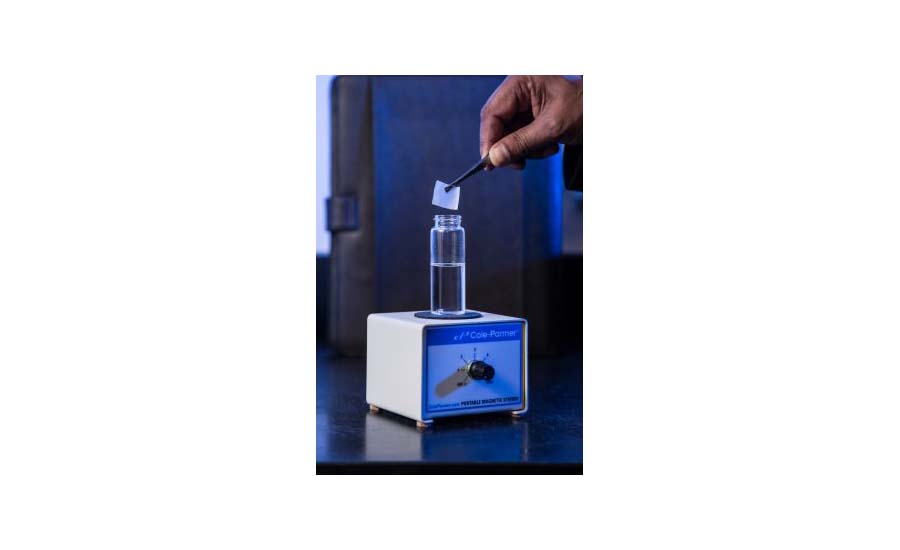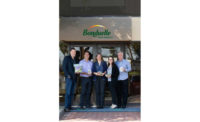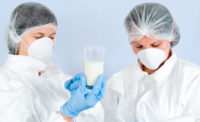Researchers use strip of fabric to find the freshness of oranges
The study showed the coated fabric can soak up the chemical compounds in the juice of an orange to show the ripeness – or freshness – of the fruit.

Scientists at Florida International University (FIU), Miami, Fla., found a quick and reliable way to test the freshness of fruit in the grocer’s produce section, and it all starts with a small strip of coated fabric.
The research, published in the “Journal of Chromatography A,” showed the coated fabric can soak up the chemical compounds in the juice of an orange to show the ripeness – or freshness – of the fruit.
The coating used on the fabric was invented by FIU Provost and executive vice president Kenneth Furton and chemistry researcher Abuzar Kabir, both co-authors of the study.
Analytical chemists by trade, Furton and Kabir initially pioneered the coated fabric to test blood, urine and environmental samples. They became curious about fruit to see if they could provide the sensitivity required to pick up changes in the compounds used to detect the ripening cycle of fruits.
“Everyone likes to advertise that they have the freshest fruit, but how long has that orange been sitting there?” Kabir says. “We used the orange as a model, and now, we can use this method to test the freshness of other fruit or any food that has a potential to degrade.”
After immersing the coated fabric into a small amount of the fruit juice, researchers isolated the three main compounds within the fruit that are markers for freshness. Over a 2-month period, they found these chemicals lost their intensity, indicating the ability to track the degradation of the fruit.
“Because oranges have high juice content, they are more prone to spoiling and changes in its freshness impacts the quality and taste of their juices,” adds Furton.
The product could be an ideal solution for government inspectors, grocers and even restaurants who order large quantities of produce.
“Growers may also use this method to decide how quickly they need to get their crop to market or to use packaging that might slow the ripening process in order to keep fruit from reaching their peak before you buy them,” Kabir says.
Looking for a reprint of this article?
From high-res PDFs to custom plaques, order your copy today!








